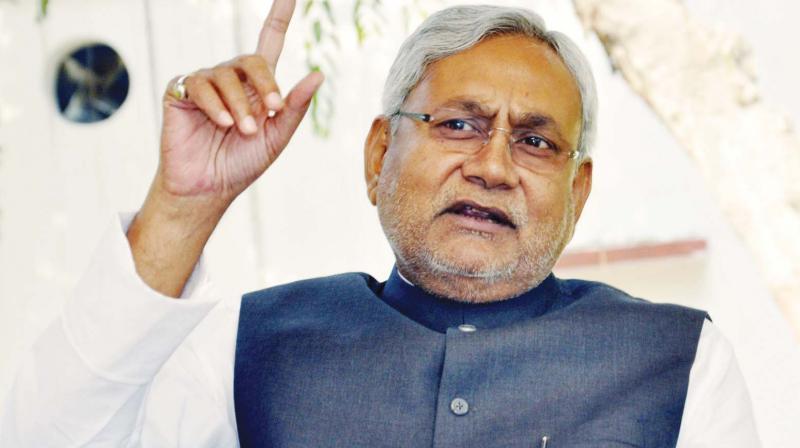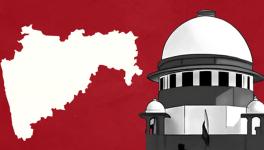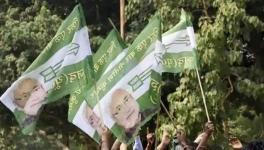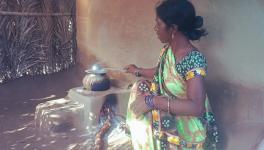Bill to Hike Reservation Passed in Bihar Assembly After Caste Survey

Patna: In a historic move, Bihar Legislative Assembly on Thursday unanimously passed a bill to hike reservation from the existing 50% to 75% in the state. The ruling Mahagathbandan and opposition BJP have supported the Bill.
After the Mahagathbandan government led by Chief Minister Nitish Kumar introduced a Bill in the state Assembly on
Thursday to hike reservation limits, it was not opposed by any and simply passed.
Hours after the socio-economic data was presented in the House on Tuesday, the Bihar cabinet on the same evening also approved a proposal to increase the reservation in government jobs and educational institutions from the existing 50% to 75%, including 10% for EWS (Economically Weaker Sections).
Kumar, on the same day, informed the House that his government would bring a Bill on November 9 in the
Assembly to effect the reservation hike for SCs, STs, OBCs and EBCs per their share in the state's population, which was reflected in the caste survey report released last month.
Kumar further said the decision to hike the quota will be possible due to all parties' unanimous decisions on the caste survey. Hike in reservations in government jobs and educational institutions will provide opportunities for OBCs and EBCs to have a larger share in keeping with their population.
Ignoring ongoing protest by the opposition BJP, which is demanding the resignation of Kumar over his controversial remark on the role of women in population control, Mahagathbandan government went ahead with its move and introduced the Bill to hike reservations.
BJP MLAs and MLCs continued to protest on Thursday, the fourth day of the ongoing winter session of the
Assembly. They are demanding Kumar's resignation even after his public apology on Wednesday.
The Bill has provisions for an 18% quota for Other Backward Classes (OBCs), 25% for Extreme Backward Classes (EBCs), 20% for scheduled castes (SCs) and 2% for scheduled tribes (STs).
The state government took a decision to hike reservations in view of the caste survey report's data that revealed the ground realities of different castes and their presence in the socio-economic index.
According to the Bihar caste survey report, released on October 2,2023, there are 215 castes in Bihar, and the state's total population is 13.7 crore. This includes 36% EBCs, 27% OBCs (OBCs and EBCs together account for 63%), 19%
SC (dalits), and 1.68% ST (adivasis).
The socio-economic data of the report revealed that 34.13% (nearly 95 lakh) of all families in the state are poor. And living in abject poverty, with their monthly income at a mere Rs 6,000. Most families belong to the Dalits, Adivasis, OBCs and EBCs.
As per the data, 42.93% of SC and 42.70% of ST families are poor, while 33.16% OBC and 33.58% EBC families are also poor.
Among the SCs, poverty is highest among the Musahar community, known as one of India's most marginalised in the caste hierarchy. About 54% of Musahar families are poverty-stricken, followed by 53% Bhuiyans and 42% among Chamars or Mochis.
Among the OBCs, 35.87% of families of Yadavs are poor, followed by 34.32% Kushwahas and 29.9% Kurmis.
Only 25.09% of the General Category (Upper Castes) families are poor, which is much lower compared to others. Among upper castes, poverty is highest among Bhumihars at 27.58%, followed by Brahmins.
Get the latest reports & analysis with people's perspective on Protests, movements & deep analytical videos, discussions of the current affairs in your Telegram app. Subscribe to NewsClick's Telegram channel & get Real-Time updates on stories, as they get published on our website.
























